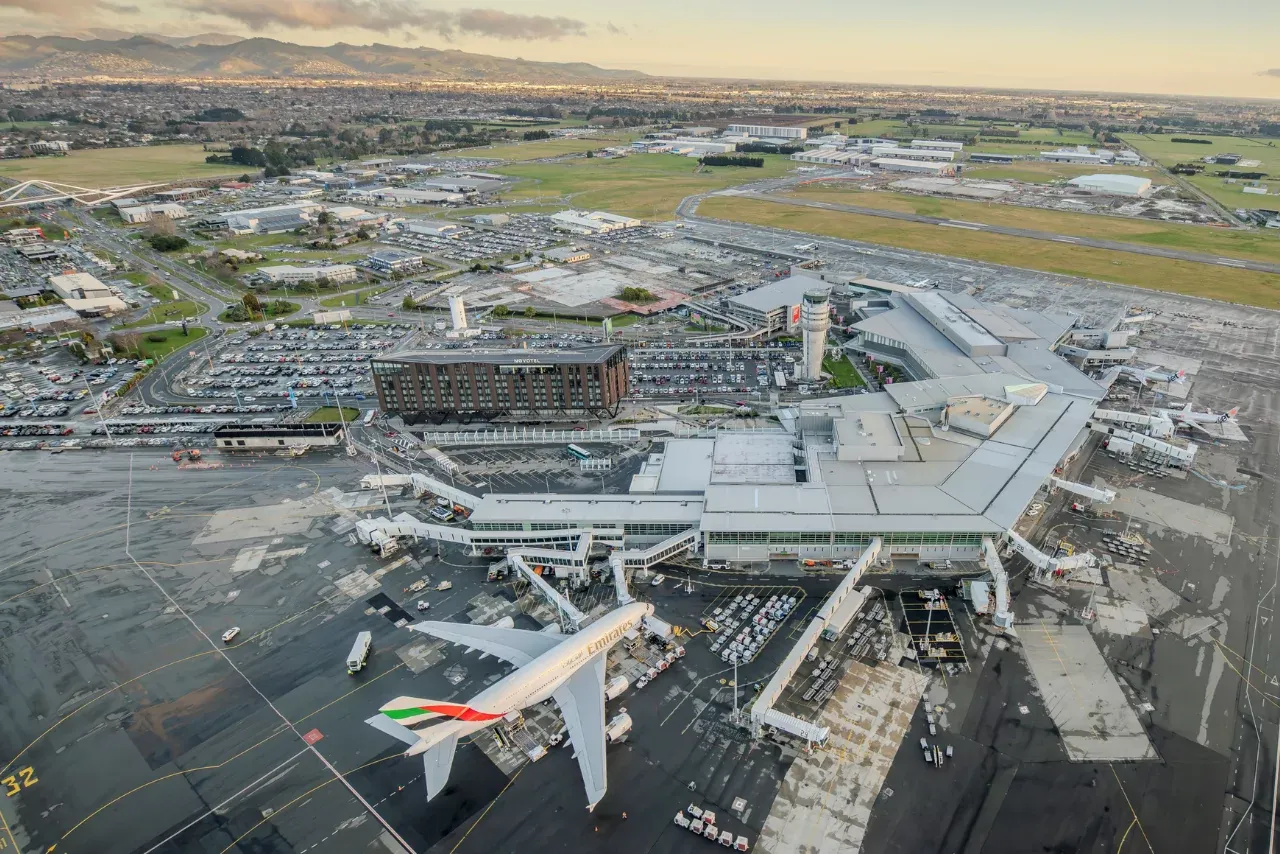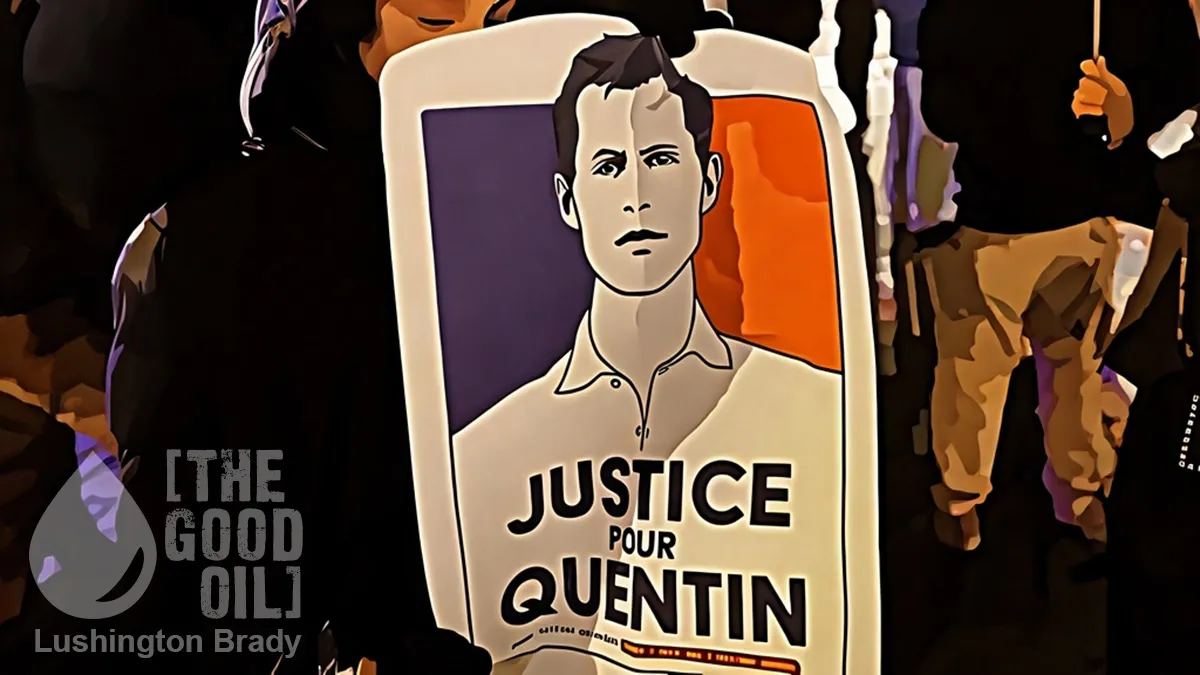Table of Contents
If you don’t have a Silver level membership yet you are missing out on our Insight Politics articles.
Today is a FREE taste of an Insight Politics article by writer Stephen Berry.

Gollyocracy: Part One
Systems of political governance are almost universally flawed threats to individual liberty whether a country is a democracy free of corruption, one that has major flaws or one in which electoral fraud is widespread. Curiously, even the worst authoritarian states put up a facade of democracy, even if there is only one political party to vote for or one candidate to elect. Democracy is generally defined around the concept of power being vested in ‘the people’ to elect representatives to govern on their behalf.
The Economist Group, which publishes The Economist newspaper and, via the Economist Intelligence Unit, compiles an annual Democracy Index rates just twenty one out of 167 nations globally as ‘full democracies’. In 2021, New Zealand was rated second most democratic country in the world based on sixty criteria across five categories:
- Electoral process and pluralism
- Civil Liberties
- Functioning of Government
- Political Participation
- Political Culture
I’m frequently astonished as to how New Zealand continues to be rated in the top five for economic freedom every year. You may be just as bewildered as to how New Zealand could be rated as a top democracy globally. Despite Labour attaining 50.1% of the vote in the 2020 election, I don’t think that Jacinda Ardern listens to ‘the people’. Unfortunately, the definition of ‘freedom’ and the definition of ‘democracy’ over approximately 250 years of western liberalism have increasingly blurred into each other just as a greater number of nations and citizens embrace voting to varying degrees.
Democracy is not freedom. Electing politicians to take from others and give to you is not freedom. Fifty per cent of the population plus one, casting a ballot in support of policies that reduce freedom is not freedom! What is the alternative then? Ironically, I argue it is a government that does very little of what that misnomer ‘the people’ demand. Individuals living under a small government, severely constitutionally restricted to administering the bare minimum number of avenues required to protect individuals from theft, fraud and coercion, whether international or domestic is how I define genuine freedom. When a government only manages the police, judiciary and military then the matter of democracy is a footnote.
Don’t misunderstand my position on democracy. I support democracy. I believe each citizen should have the right to vote for their political representatives on a regular basis or choose to not vote. Voting for those who wish to administer a small government is one of the few handbrakes I can think of on the potential for government expansion; without accountability, checks and balances a free nation will quickly expand into a democracy. The United States of America is one of the best examples of a nation founded on the principles of liberty and small government with powers divested amongst different branches.
Of course, the United States of America has long ceased to be a nation lightly governed by patriotic constitutionalists with restrictions on free markets and the people legislated within decades of the founding of the Republic. These have expanded exponentially since the introduction of the Federal Reserve in 1913, the New Deal in 1933, The War on Drugs in the 1970s and the War on Terror in 2001. Things have got so bad the USA is ranked the 26th most democratic nation in the world. However, it is still one of the best historical examples of democracy and freedom in government we have.
Green MP Golriz Ghahraman has had her private member’s bill Electoral (Strengthening Democracy) Amendment Bill drawn from the biscuit tin to be put before Parliament. The seven reforms of the Electoral Act 1993 that the Electoral Amendment Bill cover are:
- Enabling voters of Maori descent to change roll type at any time.
- Extending the voting age to 16 years.
- Removing the requirement for NZ citizens living overseas to have visited New Zealand within the last 3 years to maintain their voting rights.
- Giving all people in prison the right to vote.
- Implementing the Electoral Commission’s 2012 MMP Review recommendations.
- Strengthening transparency and safeguards on donations to parties and candidates.
- Extending the reserve provisions to include all provisions that reduce eligibility to register as an elector or to vote at an election.
If this bill is passed, the first proposed amendment to allow voters of Maori descent to change the roll they vote on at any time will require the Electoral Commission to provide the Government Statistician, on a date of the latter’s choosing, the total number of people registered as electors in Maori electorates, the total number of persons registered in general electorates who have advised the Electoral Commision they are of Maori descent as well as the names of those on dormant electoral rolls. Additionally, the Electoral Commission will be required to notify all Maori of their right to change rolls at least once every census. Basically, the five-yearly, post-census Maori Option that already occurs will not cease; probably because that data is what the Representation Commission will still need to determine changes to the number and size of general and Maori electorates.
There is a major flaw in allowing Maori to switch between the Maori and General rolls whenever and as often as they wish, as the work of the Representation Commission will be rendered redundant should a significant number of Maori choose to switch rolls in one direction. When determining the shape and number of electorates nationally, the Representation Commission begins by guaranteeing 16 general seats in the South Island (the South Island quota). This is the base for determining the number of North Island general electorates and the total number of Maori electorates. Each electorate must have about the same number of electors within a 5% variance. The percentage of Maori voters choosing the Maori roll is then divided by the South Island quota to determine the number of Maori seats. For example, following the 2006 census and Maori option, the population quota of each South Island electorate was 57,562 out of a total general electorate population of 3.6 million. To ensure a balance of voter numbers in each electorate, the North Island required 47 electorates resulting in a total of 63 general seats (up one from 2001).
Following the Maori Option, 417,081 voters opted onto the Maori roll; when divided by 57,562 (the South Island population quota) this determined the number of Maori seats should remain at seven. Therefore, under Golriz Gharahman’s bill, should the number of voters on the Maori roll switching to the General roll between censuses total between 30,000 and 60,000 voters, there will be one Maori electorate too many at the next election.
Even if there is not a significant reduction in the Maori roll, the numbers switching from the General Roll to the Maori Roll and vice versa may affect some Maori electorates more than others. Should 10,000 Maori in Te Tai Tonga electorate switch to the general roll while 10,000 Maori in an Auckland general electorate switch to Tamaki Makaurau, the number of voters represented in both Maori electorates will be significantly different from every other electorate in New Zealand. Similarly, an exodus of Maori roll voters from the seat of Tamaki Makaurau, which shares territory with just ten general electorates, will also result in disproportionate numbers of voters in those seats.
Much like the electoral boundaries of the former Yugoslavia, which were determined by local ethnicity, the Maori seats in New Zealand fuel and reward Maori nationalists and radicals. Waiariki, the Epsom of the Maori seats in 2023, will determine whether or not the Maori Party remains in Parliament. The party has never reached the five per cent threshold and is therefore always dependent on winning at least one racially segregated electorate. Previously, Te Tai Tokerau has been the anchor for keeping notorious extremist Hone Harawira’s Mana Party in the house.
The Maori seats were originally created in 1867 to ensure Maori representation because property ownership was a prerequisite for being eligible to vote and Maori property ownership was tribal. That requirement for voting eligibility no longer exists and, assuming the similarity of proportionality of racial groups between voters and Parliament matters to you, MMP has done more to ensure this than separate Maori seats, with 25/120 total seats occupied by a Maori MP and 17/113 non-Maori seats occupied by a Maori MP.
All of the practicalities aside, having seats reserved for voters of a particular ethnicity, what other arguments need to be made against them?
The second reform included in the Electoral (Strengthening Democracy) Amendment Act is the extension of voting rights to sixteen-year-olds. Before looking at the activities sixteen-year-olds are deemed too young to engage in, I thought it would be interesting to see what they’re currently responsible for and what activities are permitted, without parental consent.
- 10 Years: You can be held criminally responsible if you kill someone.
- 12 years: You can be criminally responsible for less serious crimes. I don’t understand the logic behind making younger children responsible for the most serious crimes. Surely you’re either old enough to be criminally responsible or you’re not?
- 14 years: Now you can be held criminally responsible for breaking any law. Ten-year-olds can be held responsible for murder, but they’re free to shoplift with criminal immunity for a further four years.
- You’re old enough to be left at home without supervision by your parents.
- You’re old enough to babysit children if you’re considered capable of doing so.
- 15 years: Now the fun is over. You’re old enough to be held responsible for not wearing a seatbelt in a vehicle.
- 16 years: You’re entitled to the minimum wage for an adult worker or starting-out worker (after 200 hours, this becomes the adult minimum wage).
- You can legally consent to sex.
- You can apply for your learner’s driver’s license.
- You can choose to leave school.
- You can consent to or refuse medical treatment.
- You can apply for a firearms license and get an adult passport.
Should Golriz Ghahraman’s private member’s bill pass, voters aged 16 and 17 can cast a vote for a representative in Parliament and even stand as a candidate themselves. How many members of the Youth Parliament would you be comfortable earning $160,000 a year for three years, as opposed to making token speeches for a week? Notable disasters from the 2019 Youth Parliament intake include
- School Strike for Climate organiser Luke Wijohn who contested Mt. Albert for the Green Party in 2020.
- Racist, anti-gay, trans extremist (yes, it’s possible) Shaneel Lal who went on to be the public face of the banning of gay conversion therapy this year, is an activist in Rainbow Youth and infamous for his tirades against members of virtually the entire homosexual law reform movement before him.
- Lily Dorrance who cried in the chamber after Deputy Speaker Anne Tolley told her she could not read her speech on youth suicide from notes, as it breached standing orders (it doesn’t but please, pull yourself together, you’re pretending to be a sixteen-year-old MP).
- Ali Gammeter, a radical social justice warrior who became Vice President of Young Act, before making widespread unproven claims of sexual harrassment and assault (the results of the investigation by the Act party were never released at her request) and is a sex worker.
- Azaria Howell, a fellow social justice radical friendly with Gammeter who made equally unproven allegations of sexual assault and harrassment on the day of Act’s election launch in 2020.
Held on 16 and 17 July 2019, the 9th Youth Parliament debated a mock bill called the Sustainable Energy Bill which would have introduced strong targets to move New Zealand to renewable energy alternatives and lower emissions. However, Luke Wijohn was successful in passing a motion to declare a climate emergency. Later in the year, though still during the tenureship of the Youth MP programme, Chloe Swarbrick, Jan Logie and Golriz Ghahraman issued public disapproval of their Youth MPs Luke Wijohn, Aerie Faber and Lily Chen after the three were banned from Parliament for twelve months for disrupting the proceedings of the house from the public gallery.
Of course, I would not collectively judge all 16 and 17-year-olds on the actions of a few ‘Youth MPs’ and I myself was politically active from fourteen years of age, first as a member of Act but later as a disruptive high school student, whose parents were eventually convinced by the school that my future would be better dedicated to interests other than secondary education.
Should sixteen and seventeen year olds gain the right to vote, they will share the power vested in ‘the people’ by democracy to potentially decide future governments while
- Being managed by the youth justice system for “less serious” offenses.
- Still being subject to the legal guardianship of their parents.
- Being unable to get married without parental consent.
- Prohibited from taking adult photos of themselves due to laws against producing child pornography.
- Prohibited from purchasing alcohol, cigarettes, gambling at the TAB, buying Instant Kiwi tickets (though there is no minimum age to buy lotto tickets)
- Not being fully bound by any contracts entered into such as a tenancy agreement or consumer credit contract.
Granting voting rights to sixteen and seventeen-year-olds is an inappropriate level of power for those still considered too young to take responsibility for themselves as adults. While some sixteen and seventeen year olds do pay income tax and GST, many are only paying GST out of their ‘pocket money.’
There is international precedent for reducing the voting age to sixteen years. Austria was the first European nation to do so in 2011. The others are Nicaragua, Scotland, Isle of Man, Guernsey, Ethiopia, Ecuador, Cuba and Brazil. The minimum voting age is seventeen years in Sudan, South Sudan, North Korea, Indonesia, Greece and East Timor. In Indonesia, there is no minimum voting age if a person is married. This list of countries is hardly a compelling endorsement for New Zealand to do the same.
Advocates of reducing the voting age claim that doing so will increase political participation by young people. I don’t place any importance on increasing political participation at all. If you want to vote, do so. If you don’t want to vote, it isn’t any business of mine. On the other hand, there are already radical leftist organisations such as Rock Enrol who are notorious for organising rock concerts and free lunches for young voters if the recipient promises to vote. Democracy truly is the counting of heads, not what is within them.
Such a radical change requires the support of more than 75% of MPs or 50% of voters in a referendum, so it is highly unlikely to pass. Prime Minister Jacinda Ardern suggests we “get civics education right first”. I insist public schools are the last place civics should ever be taught.
The issues raised by the Electoral (Strengthening Democracy) Amendment Bill are complex and deserve more analysis than can be put into a single article. A credible argument could be made for not even discussing a hopeless private member’s bill submitted by the extremist lunatic Ghahraman; however, this isn’t just an issue being pushed by Barbie of Arabia. The government is also reviewing New Zealand’s electoral system and there is significant crossover.
Next week, in Gollyocracy Part 2, I will examine the remaining five reforms proposed in this private member’s bill, the other areas of the electoral process being reviewed by the Government and, using The Economist’s Democracy Index, determine whether Gollyocracy actually could make New Zealand a more democratic nation.
If you enjoyed that FREE taste why not subscribe to a SILVER level membership today?
You will not only get access to Insight Politics articles like the one above but you will also gain access to all our puzzles, SonovaMin and BoomSlang’s fantastic cartoons, and our private members’ forum MyBFD as well as enjoying ad-free viewing.
$25 a month ($6.25 a week) (89c a day)
$300 a year









